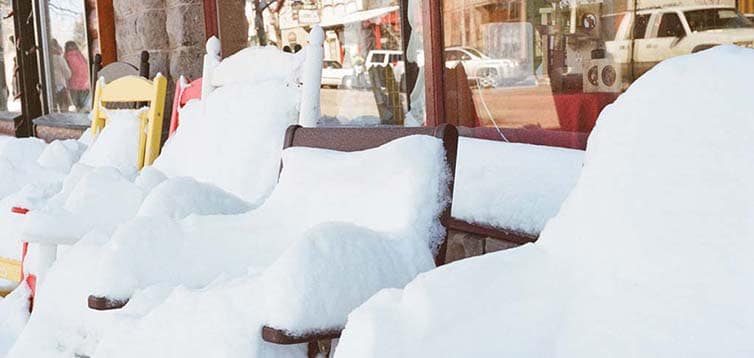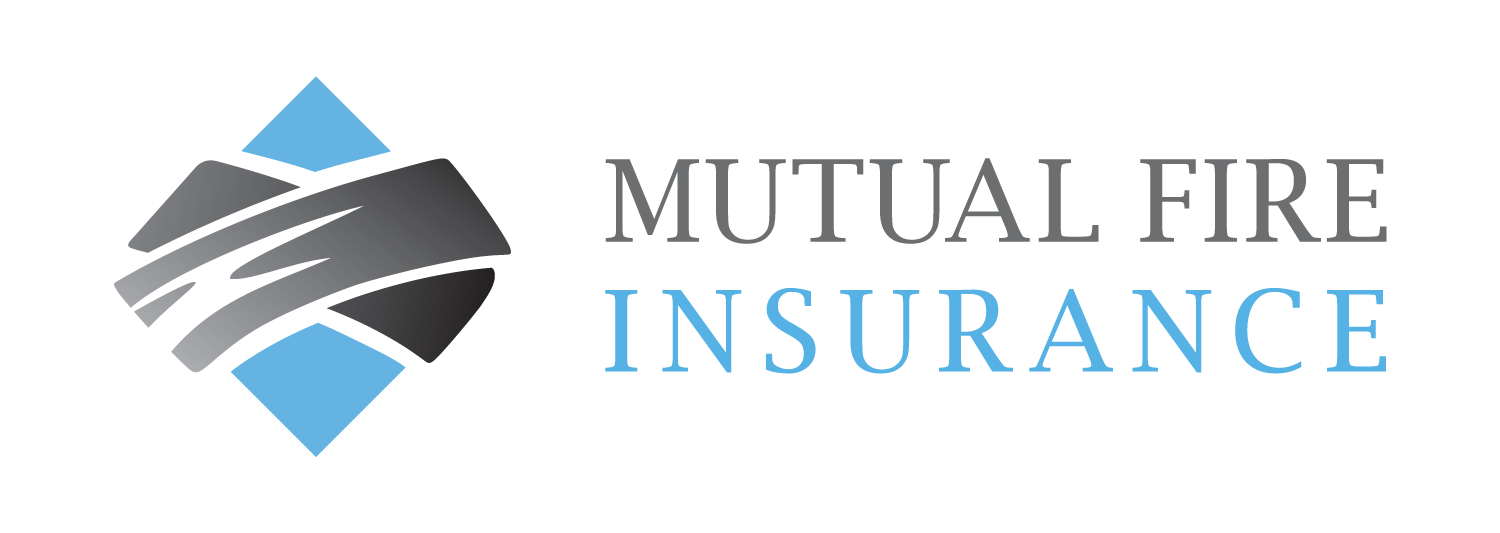Preparing Your Business for Winter’s Worst

Unpredictable winter weather can wreak havoc on your property. Winter storms can result in an assortment of business challenges caused by frozen pipes, blackouts as well as snow and ice storms. The fall is an ideal time to prepare your property and protect it against serious damage and business disruption caused by the cold.
Frozen Pipes
Thousands of people experience frozen and burst pipes every year and even a small crack leaking for one day can release over 250 gallons of water. Pipe insulation can protect your pipes for as little as 50 cents per foot, while a single burst pipe averages $5,000 in damages.
Prevent frozen and burst pipes with these simple steps.
- Visually inspect the exterior of your building, and seal any air leaks close to the pipes with insulation or caulk.
- Maintain 65°F (18°C) or higher in the building during the winter.
- Disconnect outdoor hoses and shut off the indoor water valve.
- During unusually cold snaps, allow one faucet to drip warm water slowly. Even a small trickle can aid in preventing pipes from freezing.
- Install pipe insulation for as little as 50 cents per foot.
- Wrap high-risk pipes (i.e. those in an unheated areas) with heat cables or heat tape. Make sure these products are approved by testing organizations, and follow the installation instructions carefully.
- When leaving the building for an extended period of time, have someone check on it daily when temperatures drop significantly.
Blackouts
Blackouts are traditionally associated with spring storms, but the winter has the potential to cause blackouts as well. The weight of ice and snow on wires, combined with downed tree limbs are the primary causes. Unlike springtime, a blackout during cold months presents additional challenges and potential for loss. Consider these steps to protect your business from disruptions caused by unwelcome winter weather.
- Develop a communication plan for all critical employees.
- Arrange for alternate supplies of critical materials.
- Implement a procedure to maintain your building’s protective features such as alarm systems and sprinkler systems.
- Plan to maintain heat to avoid pipes from freezing through the use of supplemental heat or back up power.
- Research vendor agreements to service customers in the event your company is unable to.
- Plan to deal with product spoilage, which can include transfer of product, accelerated delivery to customers and/or delayed deliveries from suppliers, etc.
- Consider a retainer contract with a power rental dealer if the business power requirements are very high. Ultimately, supplemental power for businesses require more planning due to larger electrical load requirements.
Snow or Ice Build-Up
Most roofs are designed to withstand 30lbs of weight per sq. ft. Winter storms with significant snow or ice build-up create especially difficult challenges that can jeopardize your building if it’s not equipped to handle the weight. Consider the suggestions below to protect your property.
- Inspect gutters, downspouts and scuppers for damage, blockages, vegetation and any other fault that would prevent their proper operation. Examine the fasteners, hangers and supports as well.
- Survey the condition of your roof and have all required repairs made to the roof surface, including all flashing and fasteners.
- Check for heat leaking into attics and concealed spaces under the roof to minimize the potential for ice dams.
- Create a snow removal plan or contract for snow removal and ice treatment.
Find a Broker to chat more about our Commercial Insurance product.

